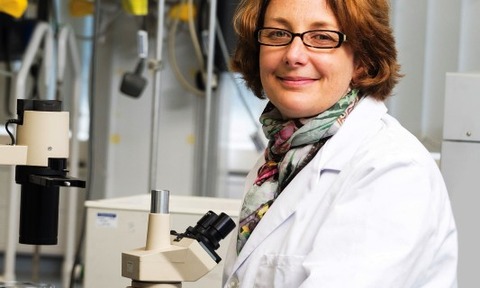'Simulation' used to screen new drugs
21 Jul 2014

Modern technique could pave the way for an accelerated drug development process.
An expert in cardiovascular physiology at Coventry University (CU) has developed a revolutionary way of testing the effects new medicines have on the human heart without the need of clinical trials, according to new research published today.
Helen Maddock, from the CU’s Centre for Applied Biological and Exercise Sciences, and pioneer of the research, suggests the breakthrough could lead to the lives of hundreds of future patients being saved and the quality of their treatments being improved.
“The end beneficiary will, of course, be patients receiving novel treatments sooner
Mercia Fund Management MD Mark Payton
The adverse effects of drugs on the cardiovascular system can lead to medical treatments failing. Unfortunately, heart-related side effects of drugs can often only be detected once used on a patient during clinical trials.
Maddock’s in vitro technique removes the need for human or animal trials as a specimen of heart tissue attached to a rig allows the muscle to be lengthened and shortened while being stimulated by an electrical impulse which is designed to mimic the biomechanical performance of cardiac muscle.
Trial drugs can then be added to the tissue to determine whether or not they have an adverse effect on the force of contraction of the muscle.
According to CU, Maddock’s ’simulated’ cardiovascular system - known as a work-loop assay - provides the most realistic model of heart muscle dynamics in the world to date.
“I’m delighted that our research is at a stage where we can confidently say the work-loop assay we’ve created is the world’s only clinically relevant in vitro human model of cardiac contractility,” said Maddock.
According to Maddock, the new technique has the potential to shave years off the development of successful drugs for a range of treatments.
“Both the pharma industry and regulators recognise that existing methods of assessing the contractility of the heart are fraught with problems, so we’re incredibly excited to be able to introduce a new way to accurately determine the safety of drugs in respect of the heart without the need to test on humans or animals,” she said.
Maddock has already formed a spin-out company, InoCardio, to market the technology and has received £250,000 investment technology investment firm Mercia Fund Management.
Managing director of Mercia Fund Management Mark Payton said: “Through a markedly accelerated drug development process, this will decrease timelines to drug development, and as a consequence greatly reduce the cost of new drug development.
“The end beneficiary will, of course, be patients receiving novel treatments sooner.”

